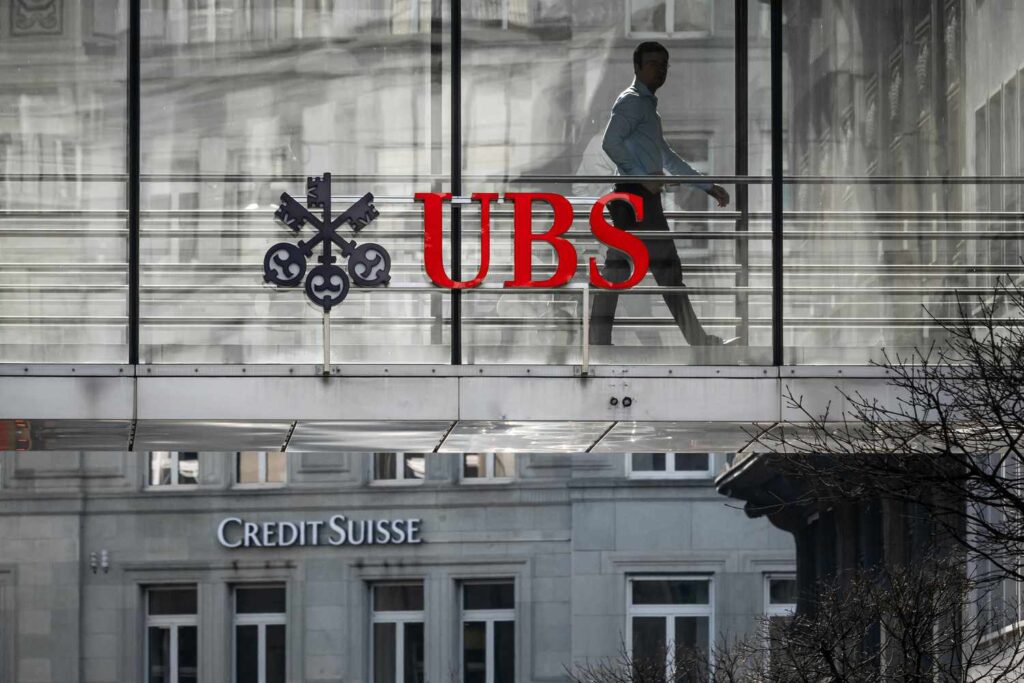Swiss bank UBS (UBS) has announced it will voluntarily end a $10 billion government backstop deal which helped to secure a takeover of Credit Suisse, suggesting the failed lender’s assets are in better shape than expected.
Key Takeaway
- UBS ended a $10 billion Loss Protection Agreement with the Swiss government.
- The company also terminated emergency liquidity support of around CHF 100 billion.
- Investors could see the move as a sign that the integration is progressing well.
The surprise announcement saw the Swiss megabank end a CHF 9 billion ($10.3 billion) Loss Protection Agreement (LPA) with the country’s government.
UBS also announced it was voluntarily terminating its Public Liquidity Backstop (PLB) with the Swiss National Bank (SNB) of up to CHF 100 billion. It also announced that all emergency measures and loans, including an Emergency Liquidity Assistance Plus (ELA+) loan of CHF 50 billion (roughly $54 billion) for Credit Suisse, have been repaid.
“After reviewing all assets covered by the LPA since the closing in June and taking the appropriate fair value adjustments, UBS has concluded that the LPA is no longer required,” UBS said.
The decision to end government and central bank support suggests that the estimated $38 billion in assets attained by UBS are not as toxic as earlier feared.
UBS absorbed its rival Credit Suisse in a $3.24 billion deal, brokered by the government, at the height of the March banking crisis that followed the collapse of Silicon Valley Bank. The merger followed a tumultuous time for Credit Suisse which involved a spying scandal, $5.5 billion in losses from the Archegos hedge fund collapse, and a revolving door of executive positions. UBS had to pay around $387 million in fines last month to Swiss, U.S., and British regulators for misconduct by Credit Suisse in the Archegos deal.
UBS stock rose 4.5% on the day to its highest level since November 2014 as investors anticipate strong second-quarter results from the firm on August 31.
